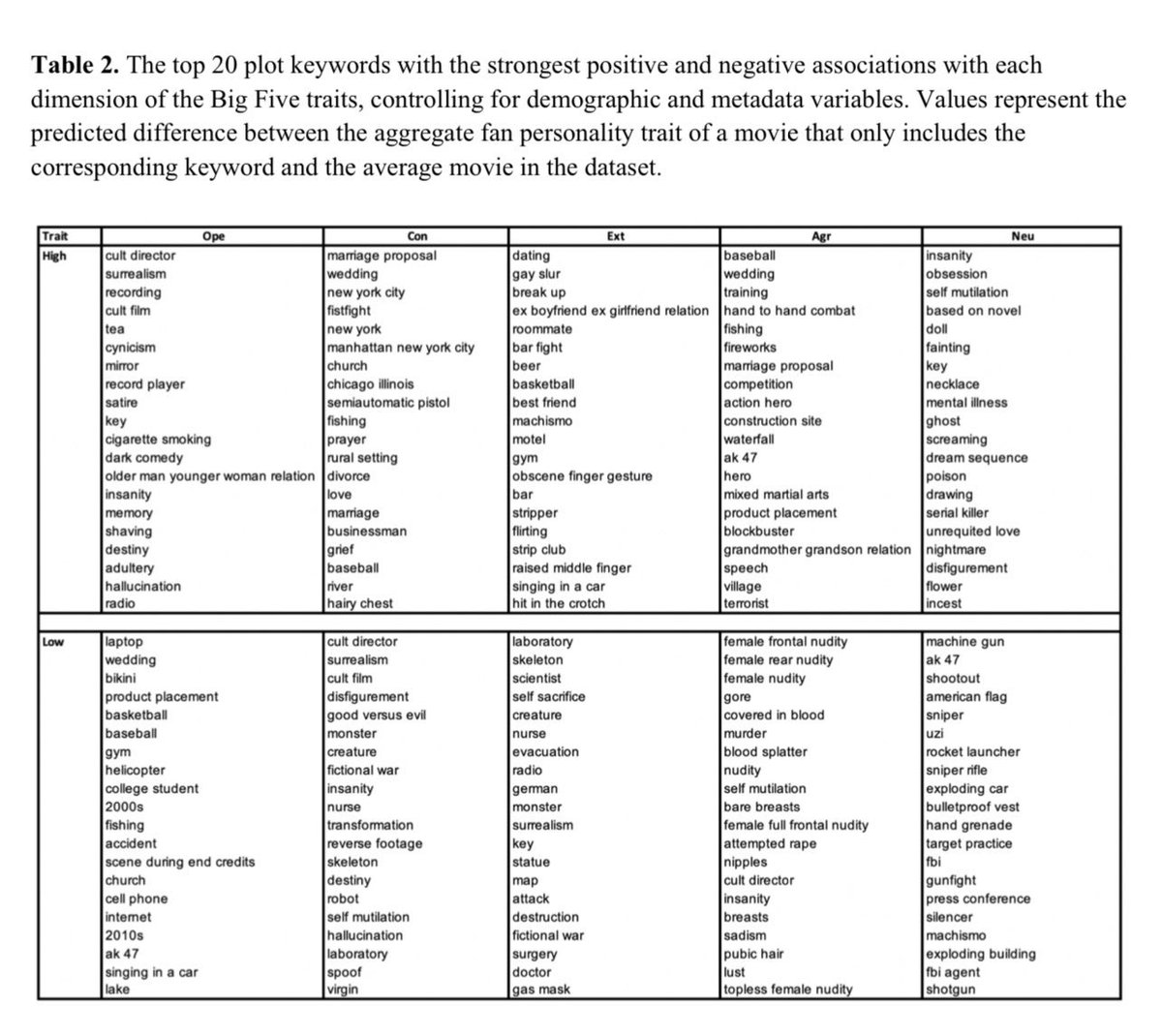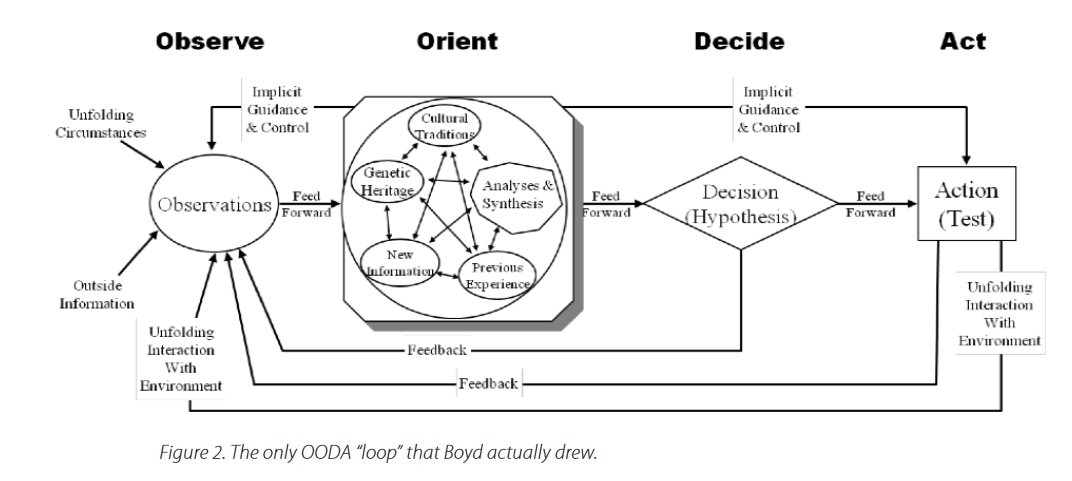
A fact that shows human achievement: Both the hottest & coldest places in the universe have been on Earth in the last decade
CERN’s Large Hadron Collider hit 9.9 trillion Fahrenheit. And an experiment at the Bremen Drop Tower got to 38 trillionths of a degree above absolute zero

CERN’s Large Hadron Collider hit 9.9 trillion Fahrenheit. And an experiment at the Bremen Drop Tower got to 38 trillionths of a degree above absolute zero


For everyone writing “but maybe alien scientists are generating hotter/colder temperatures” - hopefully! But you may also want to read this thread on a depressing resolution to the Fermi Paradox.
https://twitter.com/emollick/status/1343712566363746305?s=21
https://twitter.com/emollick/status/1343712566363746305
For everyone mad about me using Fahrenheit: fine, it was 5.5 trillion degrees Celsius. Not sure how that makes the temperature any more comprehensible, but sure.
However, it is cool that you can bike between the hottest and coldest places in the universe in about two days.
However, it is cool that you can bike between the hottest and coldest places in the universe in about two days.

Okay, now folks are complaining that I didn't use Kelvin. 5.5 trillion degrees Celsius is... 5.5 trillion degrees Kelvin. But the only good way to measure temperature is to use Newton's original scale 👇, which calibrated thermometers based on a nice bath.
https://twitter.com/emollick/status/1404524633001447427
• • •
Missing some Tweet in this thread? You can try to
force a refresh





















